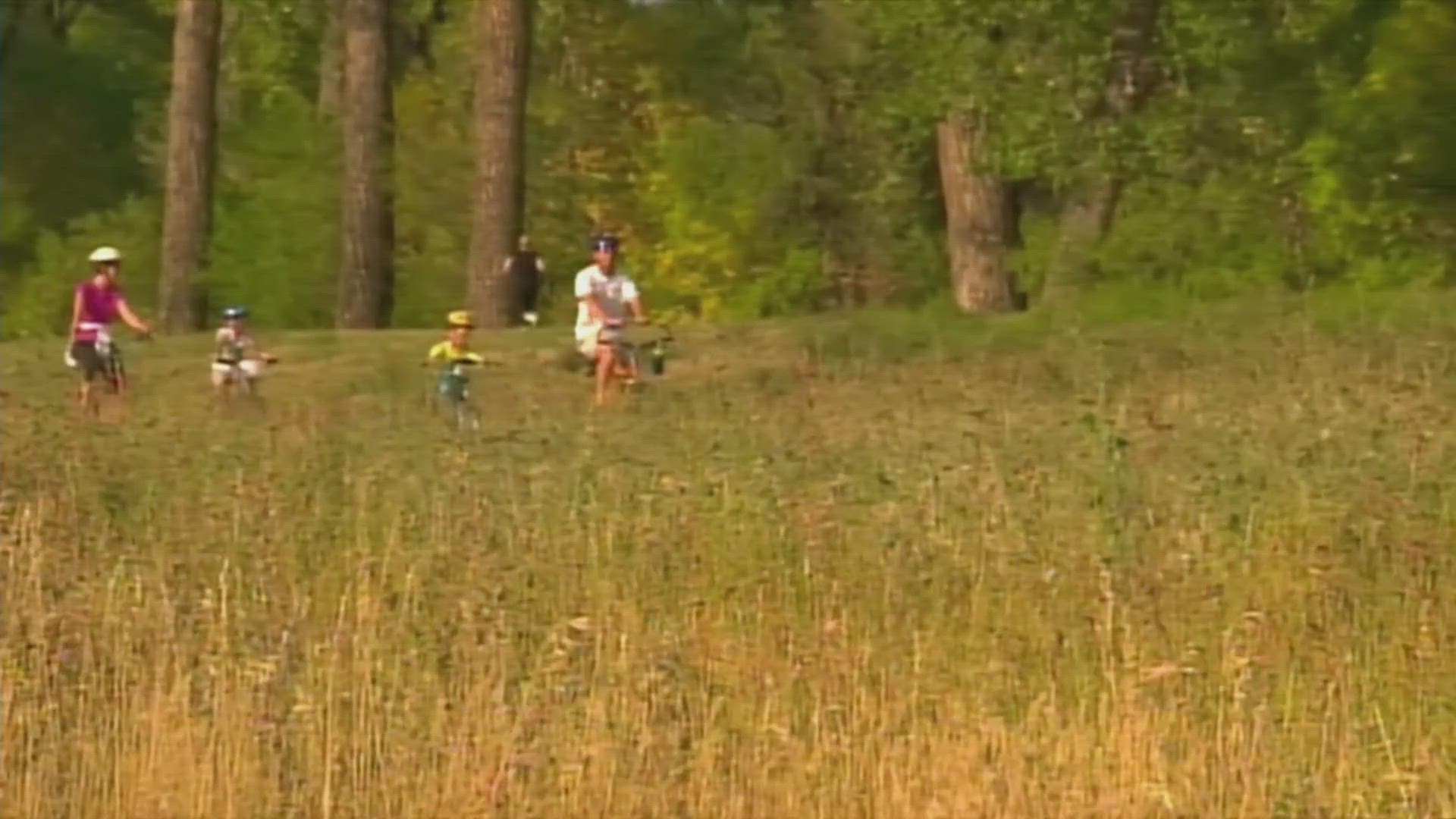KNOXVILLE, Tenn. — Some people in East Tennessee said they have had more sniffles, sneezes and congestion than usual as allergy season continues on.
According to the American College of Allergy, Asthma and Immunology, spring allergies usually start in February and continue until early summer. Tree pollination usually starts giving people symptoms, before grass pollination later on in the spring blows more allergens in the air.
They also said a rainy spring could promote quick plant growth and lead to an increase in mold, which could cause symptoms to last into the fall. The college said that on days with no wind, people may not feel as many symptoms since airborne allergens stay grounded. They also said pollen levels tend to peak in the morning hours, and pollen counts can surge when the day is windy and warm.
"A lot of this stems from the weather changes we've got going on. We had a really cold winter and a really cool spring, and now everything's blooming out, so it doesn't surprise me that we're getting a lot of allergy symptoms," said Dr. Jared Spoons, who works with Summit Medical. "A lot more sinus this year — that's infection of the sinus, and a lot more symptoms."
Spoons also said air pollution as a result of wildfires from Canada could add to the problem, further causing people with allergies to have symptoms.

